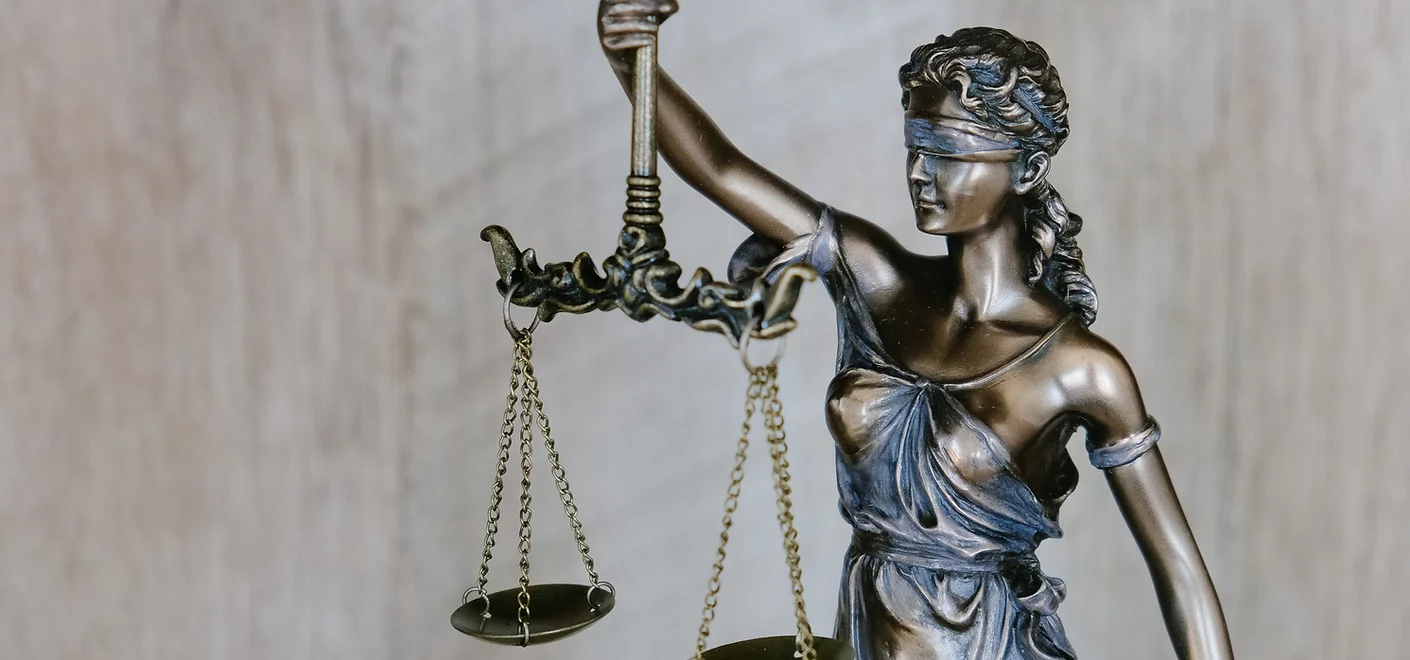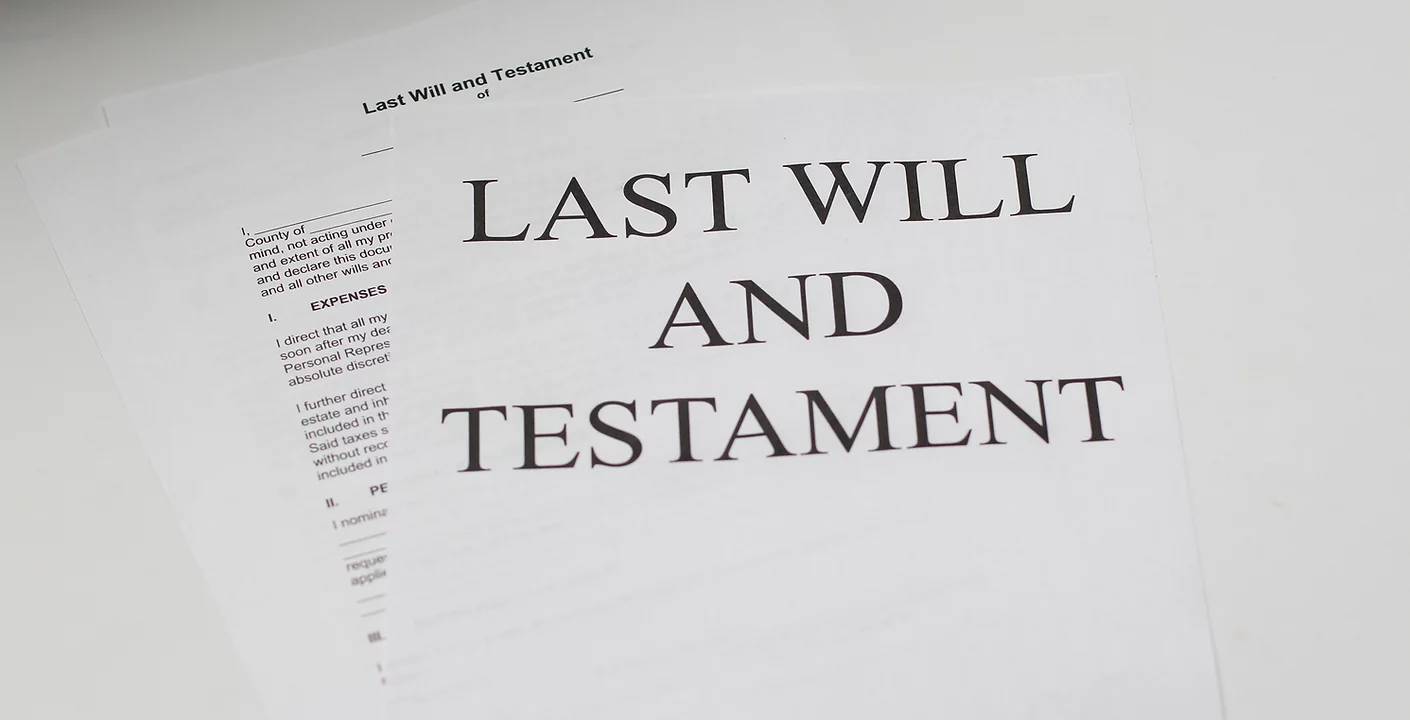Practice Areas
- Criminal Defense
- Civil Rights
- Personal Injury
- Estate Planning
- Litigation

Criminal Defense
The Awada Firm – California, through its attorneys has been successful in having many criminal cases dismissed. The Awada Firm handles criminal matters from pre-indictment through post conviction, in both State and Federal Courts.
Practice Areas:
- Driving Under the Influence (DUI)
- Domestic Violence
- Theft/Fraud/White Collar Crimes
- Resisting Arrest
- Sex Crimes
- Drug Crimes
- Violent Crimes
- Homicide (1st & 2nd Degree Murder, and Manslaughter)
- Expungements (Felony and Misdemeanor)
If you or a loved one are facing criminal charges in California, your freedom and future are at stake. You need a knowledgeable, skilled, and experienced criminal defense attorney by your side to aggressively defend you against these charges. Please call our office at 714.866.2251 for a free and confidential case evaluation.

Civil Rights
The Awada Firm recognizes that the most powerful man in our ‘Justice System’ is a Police Officer. Why? Because a Police Officer has the ability to take a persons life and liberty, thereby imposing a sentence, without justification.
In order to hold these Officers and the Police Department liable, The Awada Firm has mastered Police Procedures and Protocols through Peace Office Standards and Training (POST), the key to Policing the Police.
Practice Areas:
- Unreasonable Search and Seizure— Excessive Force (42 U.S.C. § 1983)
- Unreasonable Search and Seizure— Detention and Arrest (42 U.S.C. § 1983)
- Unreasonable Search and Seizure— Denial of Medical Care (42 U.S.C. § 1983)
- Substantive Due Process—Interference with Familial Relationship (42 U.S.C. § 1983)—(42 U.S.C. § 1983)
- Municipal Liability for Unconstitutional Custom, Practice, or Policy (42 U.S.C. § 1983)
- Municipal Liability— Failure to Train (42 U.S.C. § 1983)
If you or a loved one believe your Civil Rights have been violated, you need an experienced and skilled attorney to vindicate your Civil Rights. Please call our office at 714.866.2251< for a free and confidential case evaluation.

Personal Injury
Personal Injury is legally defined as any wrong or damage done to another, either In his person, rights, or reputation. Parker v. Griswold (1845) 17 Conn 298. A tort committed in contempt or outrage of any one, whereby his body, his dignity, or his reputation is injured and/or harmed. Voet, Com. ad Pand. 47, t. 10, no. 1.
If you are a victim of Personal Injury you can recover General Damages, Special Damages, and Punitive Damages.
General Damages are referred to as non-economic damages, and are awarded for intangible injuries; such as, pain and suffering, mental anguish, disfigurement, loss of companionship, physical impairment, and other non-pecuniary damages.
Special Damages are referred to as economic damages, and are awarded for tangible injuries; such as, medical bills, lost wages, lost earnings, reduced earning capacity, property damages, and disability.
Punitive Damages are referred to as exemplary damages and typically serve to punish a Defendant and prevent similar behavior from occurring again.
Personal Injury & Wrongful Death
- Catastrophic Injuries
- Dog/Animal Bites
- Premises Liability
- Slip and Fall
- Sexual Assault
- Sexual Harassment
- Wrongful Death
Motor Vehicle & Transportation Accidents
- Bicycle Accidents
- Bus Accidents
- Car Accidents
- Motorcycle Accidents
- Pedestrian Accidents
- Public Transportation Accidents
- Truck Accidents
- Uber/Lyft Accidents
If you or a loved one has been involved in an accident or have been injured, please call our office at 714.886.2251 for a free case evaluation with our experienced attorneys. There is NO fee unless we win!

Estate Planning
The Awada Firm – California is there to help you plan for the unexpected. Our team can assist you in planning for the future and making sure your loved ones are taken care of.
In order to ensure your property is properly disposed of after death, a testator can create a will or a trust.
A trust is a legal relationship created (in lifetime, or on death) by a settlor when assets are placed under the control of a trustee for the benefit of a beneficiary, or for a specified purpose. A trust has the following characteristics:
- The trust assets constitute a separate fund and are not a part of the trustee’s own estate.
- Legal title to the trust assets stands in the name of the trustee, or in the name of another person on behalf of the trustee.
- The trustee has the power and the duty, in respect of which he is accountable, to manage, employ or dispose of the assets in accordance with the terms of the trust and the special duties imposed on him by law.
- The reservation by the settlor of certain rights and powers, and the fact that the trustee may himself be a beneficiary, are not necessarily inconsistent with the existence of a trust.
A will is a legal document in which a person (the testator) declares their intention as to what should happen to their estate after their death, and which is executed in accordance with certain legal formalities. In order to be valid, a will must be:
- Made by a person who is 18 years old or over.
- Made voluntarily and without pressure from any other person.
- Made by a person who is of sound mind.
- Made in writing.
- Signed by the testator in the presence of two witnesses.
- Signed by the two witnesses, in the presence of the testator (and in the presence of each other), after the testator has signed the will.
The difference between a will and a trust, is that a will does not avoid probate and there is still a judicial process. However, a trust avoids probate and the judicial process.
If you need a will drafted or a trust created please give our office a call at 714.886.2251.